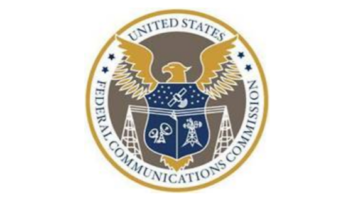The Federal Communications Commission has dismissed without prejudice a petition for rulemaking that sought to move the Travelers’ Information Stations to FM Channel 200 (87.9 MHz) on a primary basis.
The petition was filed jointly by Robert L. Coyle Jr. and Claude B. Parker on Dec. 1, 2015. Coyle and Parker proposed the change citing the “FM band’s greater listenership, higher audio fidelity, and greater immunity to atmospheric disturbances and interference, in comparison to the AM band.” They recommended creating a primary TIS allocation on FM channel 200, which is currently available only for existing Class D noncommercial educational FM broadcasting stations that must change frequency to avoid causing interference to full-service stations.
However, the FCC said “that the petition overlooks the interference potential that TIS stations on FM Channel 200 would have on co-channel TV Channel 6 and adjacent channel stations on FM channels 201, 202, and 203.” Additionally, the petitioners do not address how TIS would be coordinated to minimize potential interference to the 923 FM broadcast stations on frequencies 88.1, 88.3, and 88.5 MHz or explain why TIS on FM Channel 200 should be primary with respect to these stations, the FCC said. Nor does it consider that use of FM Channel 200 is restricted by international border area exclusion zones of 402 kilometers (250 miles) from the Canada border and 320 kilometers (200 miles) from the Mexico border. Moreover, the commission says the petition did not demonstrate that the current AM band allocation for TIS is insufficient.
The recently concluded incentive auction and repack also played a role in the dismissal. Because of it, the FCC said the petition was premature. Specifically, “because FM Channel 200 is in the TV Channel 6 passband, adding TIS stations on Channel 200 would limit the commission’s flexibility to repack TV stations on TV Channel 6.”
Also, the commission anticipates that the rule changes adopted in the recent TIS Second Report and Order will yield improvements in TIS audio quality, another reason it was deemed premature.
Michael J. Wilhelm, acting chief of the FCC’s Public Safety and Homeland Security Bureau’s Policy and Licensing Division, authored the order.
— Radio










